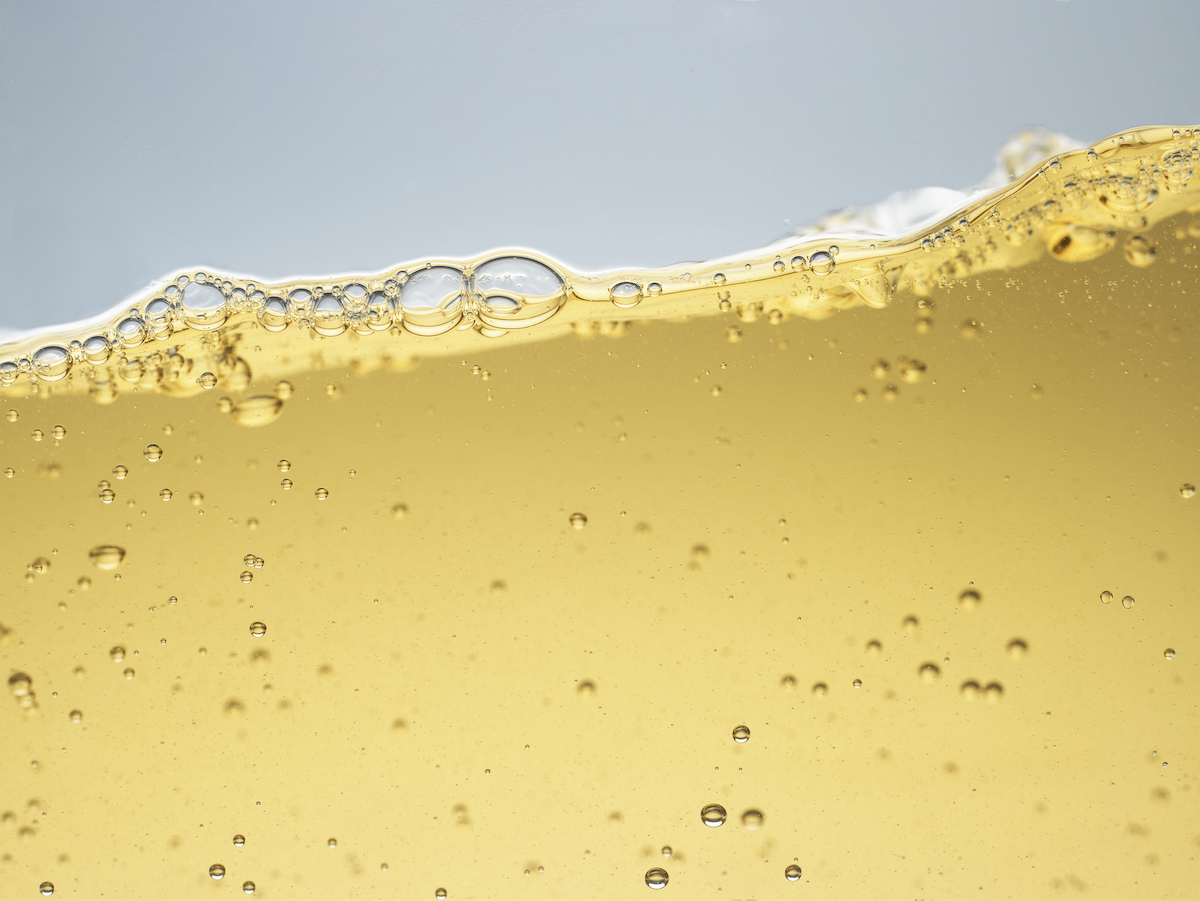A friend was asking me about drinking during the two-week wait [the time between ovulation and a missed period], and I pulled up your section of Expecting Better on how there isn’t a risk of birth defects but that it could prevent conception if enough cells are impacted.
But I want to feel even more confident about this advice, and I’m wondering if you have any studies you can point me to that back this claim. It seems a bit surprising that cells can’t be damaged during this time, just killed (that it’s all or nothing), and I’d love to better understand how much drinking affects the likelihood of conception.
—Anonymous
Let’s start with science. The impacts of excessive alcohol consumption in pregnancy occur because drinking heavily can kill fetal cells. (I am not going to discuss lighter drinking here, but I have written extensively about it in Expecting Better and other outlets.) In the first two weeks after fertilization, the cells in the embryo are undifferentiated, meaning any cell can become anything. If too many cells die, then the embryo will not implant and develop. But if it does continue to develop, the cells can replace each other.
As the pregnancy progresses, cells differentiate, and at that point, excessive drinking can cause birth defects. This document has a helpful set of information on timing. (To your particular framing of the question: The issue is always that cells are killed. The question is whether other cells can replace them effectively so that there is no organ damage.)
Although it is generally accepted that heavy alcohol consumption impacts fertility, it is difficult to know by how much, in part because this requires following people who are known to be attempting to get pregnant, many of whom avoid heavy drinking. A study in Denmark followed women undergoing IUI or IVF and found no relationship between drinking behavior and outcomes, but their population was low to moderate drinkers; there were only a small number drinking more than one drink per day. Overall, the evidence is mixed here, with some studies suggesting that drinking lowers fertility, others not, and many of them having obvious issues of correlation versus causality. Given this, it is hard to put a precise number on any possible effects. I think it is safe to say that at low to moderate levels of drinking, the impacts would be extremely small, if they were there at all.
It is a good idea to avoid binge drinking, pregnant or not. That may be a good rule to end on.
Community Guidelines

















Log in